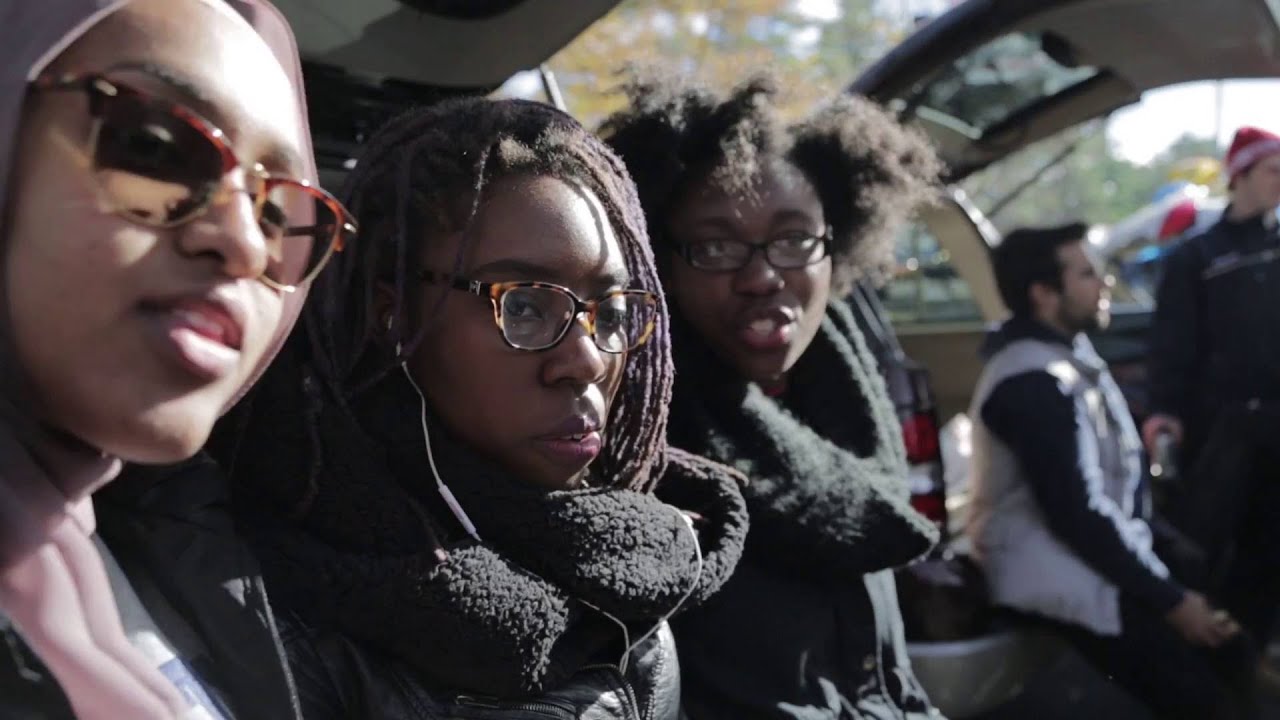Over in the Parents of the Class of 2023 thread there have been a few posts about people whose child was a “scholarship” kid or who received significantly more financial aid than many of their peers at the school and felt some resultant awkwardness. There was also the mention of schools where a large percentage of students come from families that make up the richest 1% in the U.S.
This made me think of my own family. A sibling ended up at a HYPS while the rest of the siblings ended up choosing public schools. (Although state flagships might have wealthier families overrepresented at them, it is nothing as compared to most private Top X schools.) When the HYPS sibling needed a new car while in grad school, the sib was upset that they couldn’t get a Saab convertible and had to settle for a Toyota Celica. The other siblings were all satisfied with whatever form of transportation would get them from place A to place B (and none of them had new cars or nicer brands of cars). Then there were the vacations…one expected to go skiing or to Europe, etc, while the others’ expectations were more along the lines of a long weekend at a nearby beach or just heading to family for free room & board. As the siblings were raised together, one of the biggest divergences I can think of was the HYPS education.
My question is, have families whose children have attended the Top X schools with high percentages of extremely wealthy families seen a shift in their children (assuming that your family is not a top 1%er or similar)? Or if you’ve had multiple children (or siblings) attend different types of universities, have there been differences in what their expectations are with respect to consumerism?
